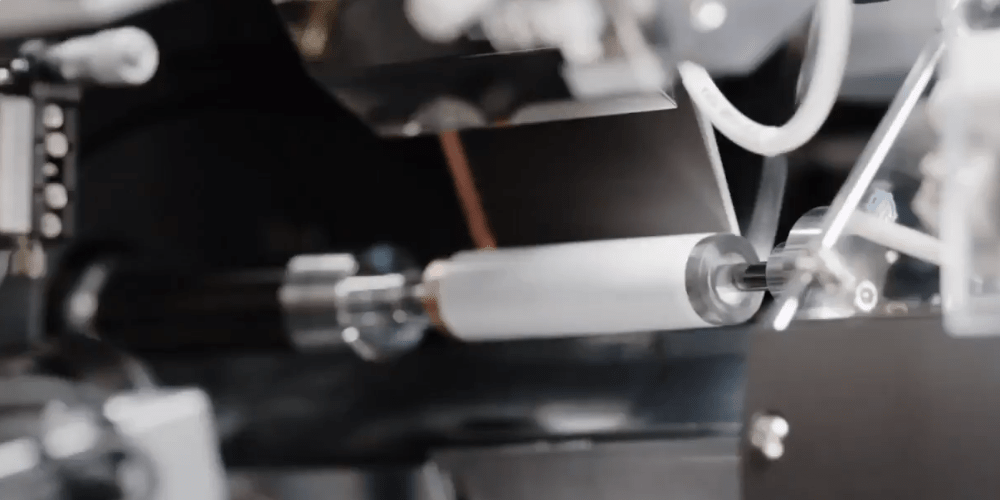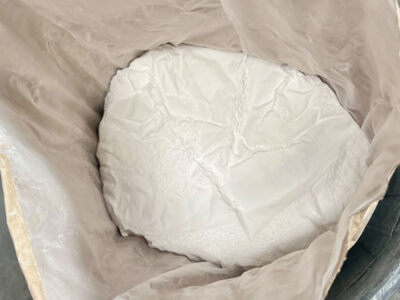Battery research project takes off in Canada
The battery research team led by Jeff Dahn at Canada’s Dalhousie University has received six million US dollars. The Natural Sciences and Engineering Research Council (NSERC) is providing $2.9 million of this, with another $3.1 million coming from Tesla.
The Californian company is known to work very closely with Dahn and his team on battery research. The six million dollars, or the equivalent of 4.95 million euros, is the largest such grant ever received by Dalhousie University, the university said in a statement.
Tesla and Dalhousie University’s exclusive battery research partnership, which has been in place since 2016, was extended in January 2021 until at least 2026. In the course of this, two new research chairs were also established, which were filled by Chinese Chongyin Yang and German Michael Metzger. “I am very grateful for this funding from NSERC and Tesla,” says. Dahn. “This will allow Chongyin, Michael and me to solve many remaining puzzles that will help improve battery life and reduce costs.”
In addition to cost and increased lifespan, research focuses on increasing energy density, improving safety and increasing sustainable materials content. Officially, this is not only about batteries for electric vehicles, but also for stationary battery storage.
While Dahn – unsurprisingly given the millions in funding for his work – praises Tesla (“We share their commitment to addressing climate change through electrified transportation and renewable energy generation and storage”), Tesla also made one of its rare official comments in the university’s announcement: “We are excited about our collaboration with Dalhousie, Dr. Jeff Dahn, Dr. Chongyin Yang and Dr. Michael Metzger. We are excited and look forward to their important contribution to battery technology to achieve our mission.”
Tesla had filed a patent application for a new battery cell chemistry in early 2020 based on the developments of Dahn and his team. With this development, Tesla hopes to get closer to the one-million-mile battery. Later in 2020, Dahn had published updated test results, according to which even two million miles or 3.2 million kilometres should be possible.





0 Comments